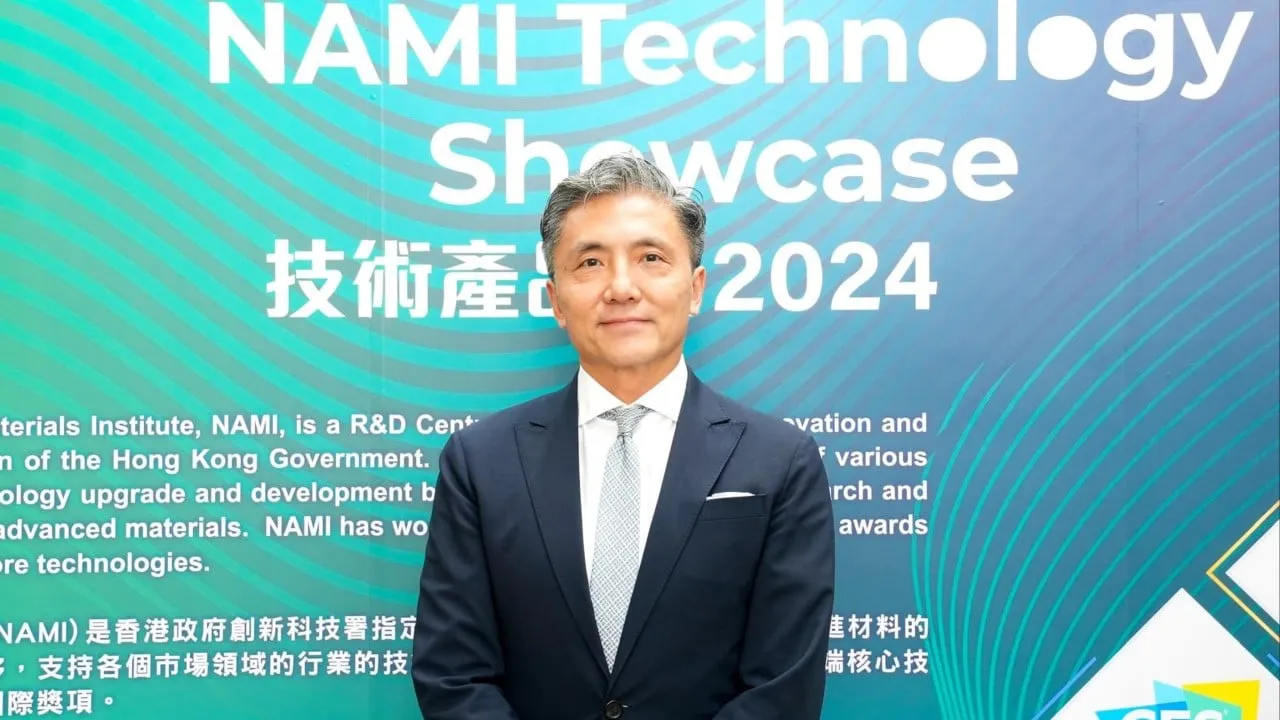Hong Kong's Advanced Materials Institute Focuses on Technology and Biomedicine in the Greater Bay Area

Hong Kong’s Advanced Materials Institute Plans Greater Bay Area Expansion
The Nano and Advanced Materials Institute (NAMI), a government-supported body, is seeking to fortify its operations in the Greater Bay Area to extend its services for small and medium-sized enterprises (SMEs). Due to the COVID-19 pandemic, establishing a physical presence has been delayed, but CEO Andy Fung states that aligning with regional development is a primary goal.
Innovation and Resource Development
- NAMI aims to seize opportunities for licensing technology, enhancing income for new equipment and facility expansion.
- The institute is vital for Hong Kong’s pledge to initiate a cross-boundary science and technology hub by 2035.
Support for SMEs
NAMI provides essential resources to local SMEs with a focus on research and development. The collaboration enables companies to access advanced laboratories and expertise, accelerating their product development.
Innovations and Results
Since its inception in 2006, NAMI has developed significant innovations applicable across various sectors including energy, healthcare, construction, and environmental protection. Its pioneering work includes:
- Lithium-ion battery technology, utilized by Amperex Technology for mobile devices.
- Germs-repelling technology employed by Columbia in their sports products.
- Self-compacting backfill materials that drastically reduce road closure times.
This month, NAMI also partnered with Shanghai Pudong Development Group to facilitate the licensing of these technologies, asserting flexibility in expanding collaboration.
Though NAMI prioritizes local applications, it remains open to global partnerships, reevaluating its approach as opportunities arise.
This article was prepared using information from open sources in accordance with the principles of Ethical Policy. The editorial team is not responsible for absolute accuracy, as it relies on data from the sources referenced.